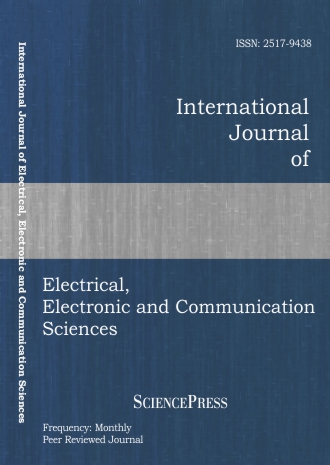
Scholarly
Volume:1, Issue: 12, 2007 Page No: 1802 - 1804
International Journal of Electrical, Electronic and Communication Sciences
ISSN: 2517-9438
835 Downloads
Performance Analysis of QS-CDMA Systems
In the paper, the performance of quasi-synchronous CDMA (QS-CDMA) system, which can allow an increased timing error in synchronized access, is discussed. Average BER performance of the system is analyzed in the condition of different access timing error and different asynchronous users by simulation in AWGN channel. The results show that QS-CDMA system is shown to have great performance gain over the asynchronous system when access timing error is within a few chips and asynchronous users is tolerable. However, with access timing error increasing and asynchronous users increasing, the performance of QS-CDMA will degrade. Also, we can determine the number of tolerable asynchronous users for different access timing error by simulation figures.
Authors:
References:
[1] C.Onan, O. Kucur, and E. Ozturk, "Performance of quasi-synchronous